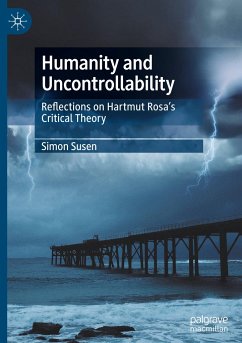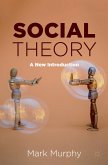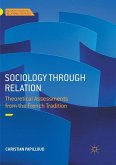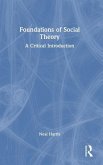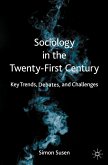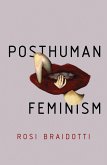Focusing on the work of Hartmut Rosa, this book provides an in-depth account of the extent to which we, as humans, are obliged to face up to the uncontrollability of the world. Rosa is widely regarded as one of the most original contemporary European social theorists. Along with the concepts of 'acceleration', 'alienation', and 'resonance', the notion of 'uncontrollability' [Unverfügbarkeit] ranks among the most important reference points in Rosa's critical theory, especially in his recent work. It is no accident, then, that - following his extensive inquiries into 'acceleration' and 'alienation' and the publication of his magnum opus on 'resonance' - Rosa has found it necessary to offer a brief, but powerful, account of the place occupied by the concept of 'uncontrollability' in his critical theory. The first half of this book comprises a detailed outline of Rosa's central arguments on 'uncontrollability', before moving, in the second half, to a thorough assessment of the most significant limitations of his approach.
This book will appeal to students and scholars of the social sciences and humanities - particularly to those interested in social theory, social philosophy, and the history of ideas.
This book will appeal to students and scholars of the social sciences and humanities - particularly to those interested in social theory, social philosophy, and the history of ideas.

